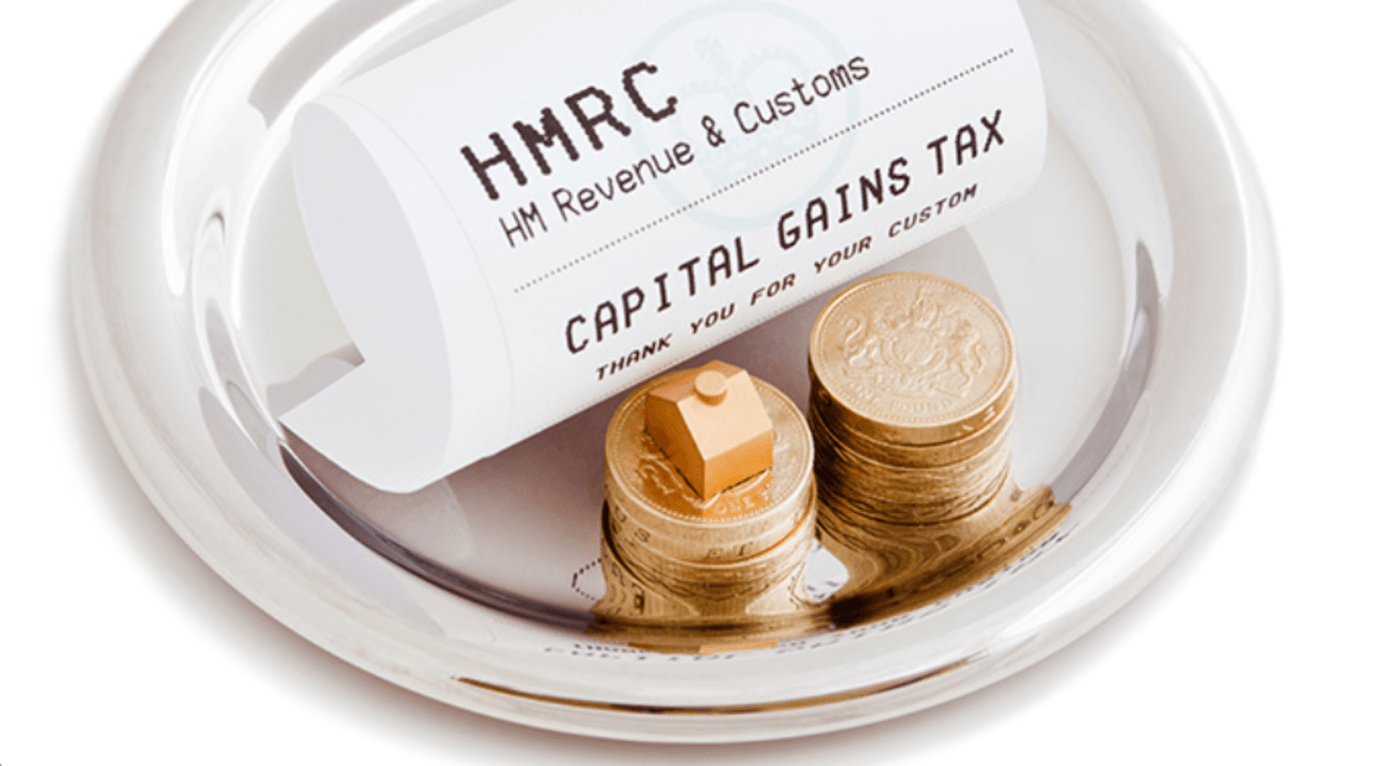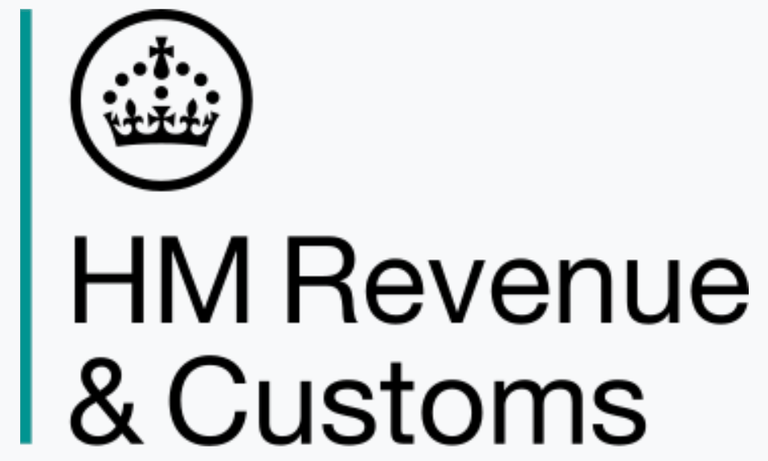Definitions
What is Capital Gains Tax in the UK?

Capital Gains Tax (CGT) in the UK can feel complex, but understanding the basics is essential for anyone selling property, shares, crypto, or other valuable assets. This guide breaks down how CGT works, who pays it, how much you might owe, and what reliefs or exemptions you can claim.

Whether you're a casual investor or planning a business asset sale, knowing the rules around CGT can help you reduce your tax bill and avoid penalties.
What is Capital Gains Tax?
Capital Gains Tax is a tax charged on the profit (or "gain") made when you sell or dispose of certain types of assets. You're not taxed on the full sale amount, just on the difference between what you paid and what you received.
Typical assets that may trigger CGT include:
- Shares not held in an ISA or pension
- Property that isn’t your main residence
- Personal possessions worth over £6,000 (excluding your car)
- Business assets
CGT applies to individuals, trustees, and personal representatives (for estates), but not to companies—corporations instead pay Corporation Tax on any gains.
How does Capital Gains Tax actually work?
If your capital gains exceed the annual tax-free allowance, the amount above that threshold is taxed at the applicable rate based on your income and the type of asset. When assets are jointly owned, such as by spouses or civil partners, both individuals can use their CGT allowance, effectively doubling the exempt amount. For example, on the sale of a second home, you could attain up to £6,000 in gains tax-free between you (based on the 2025/26 £3,000 individual allowance).
In addition, you can transfer assets between spouses or civil partners without triggering CGT. This is a common strategy to make better use of both allowances or to allocate gains to the partner in the lower tax band. However, if the asset is later sold, the CGT calculation will be based on the total period the couple owned it, not just from the date of the transfer.
How much is Capital Gains Tax in the UK?
The amount you pay depends on your income and the type of asset sold. For the 2025/26 tax year, rates are:
- Basic rate taxpayers pay:
- 10% on most assets
- 18% on residential property
- Higher or additional rate taxpayers pay:
- 20% on most assets
- 24% on residential property
It’s important to factor in your total taxable income for the year, as this determines which CGT band you fall into.
How is Capital Gains Tax calculated?
To calculate your capital gains tax:
- Start with the asset’s sale price.
- Deduct the purchase cost and any allowable expenses (such as legal fees or home improvements).
- Subtract your annual CGT allowance (£3,000 for individuals in 2025/26).
- Apply the correct tax rate based on your income and the type of asset.
When do you have to pay CGT?
Capital Gains Tax becomes due when you dispose of an asset, which can include:
- Selling it
- Gifting it (except to your spouse or civil partner)
- Exchanging it for something else
- Receiving compensation, such as an insurance payout
For UK property sales, you must report and pay CGT within 60 days of completion. All other disposals should be declared through your Self Assessment tax return.
Can you legally reduce CGT?
You can reduce Capital Gains Tax (CGT) legally in the UK by using a number of HMRC-approved strategies and reliefs. Here are the most effective and legitimate ways to reduce or avoid paying CGT:

- Use Your Annual CGT Allowance
- Each individual has a CGT-free allowance (£3,000 for the 2024/25 tax year). Only gains above this threshold are taxable, so if you and a spouse both own an asset, you can double the allowance by sharing ownership.
- Transfer Assets to Your Spouse or Civil Partner
- Transfers between spouses or civil partners are CGT-free. This allows you to:
- Share ownership to make use of both CGT allowances
- Shift gains to a lower-income partner to benefit from lower CGT rates
- Invest Through ISAs or SIPPs
- Assets held in:
- A Stocks & Shares ISA are completely free from CGT and Income Tax.
- A SIPP (Self-Invested Personal Pension) also avoids CGT and provides additional tax relief on contributions.
- Offset Capital Losses
- You can deduct capital losses from your gains to reduce your CGT bill. If your losses exceed gains, you can carry them forward to future years, just make sure to report them to HMRC.
- Time Your Disposals
- If possible, spread disposals over multiple tax years to make use of the CGT allowance each year and avoid pushing yourself into a higher tax band.
- Claim CGT Reliefs
- Several reliefs can reduce or defer CGT, including:
- Business Asset Disposal Relief (10% CGT on qualifying business sales)
- Investors’ Relief (10% CGT on shares in unlisted companies)
- Principal Private Residence Relief (on your main home)
- Hold-Over or Roll-Over Relief (for gifts and reinvestment in business assets)
- Gift to Charity
- Gifting assets to a UK-registered charity is exempt from CGT, and may also qualify for Income Tax relief.
- Use Trusts and Estate Planning (Advanced)
- While more complex, placing assets into certain types of trusts or using estate planning strategies can help reduce or defer CGT and Inheritance Tax, but professional advice is essential here.
Remember to always follow HMRC Rules - These methods are fully legal when used properly. Avoid any aggressive tax avoidance schemes that fall outside of HMRC guidelines, they can lead to penalties or investigations.
Final thoughts
Capital Gains Tax can be complex, especially with changing rules, exemptions, and reliefs. However, with proper planning, record-keeping, and awareness of your entitlements, you can significantly reduce what you owe, or avoid it entirely. From using tax-free accounts like ISAs and SIPPs to claiming reliefs and offsets, there are several legal ways to manage your liability.
Whether you’re selling property, shares, crypto, or a business, understanding CGT rules gives you more control and can help you make smarter financial decisions.
FAQs
Does CGT apply to inherited assets?
There’s no CGT when you inherit an asset. However, if you sell the asset later, you may need to pay CGT on the gain, calculated from the market value at the date of death.
Can you offset capital losses?
Yes. If you sell an asset at a loss, you can use that loss to offset other gains in the same tax year. Any unused losses can be carried forward to future years, as long as they’re reported to HMRC.
How is cryptocurrency taxed under CGT?
Cryptoassets, like Bitcoin and Ethereum, are treated as investments by HMRC. If you sell, trade, or use cryptocurrency, you may be liable for CGT. You're responsible for maintaining detailed records and reporting all gains and losses. As with other assets, losses on crypto can be used to offset gains elsewhere.